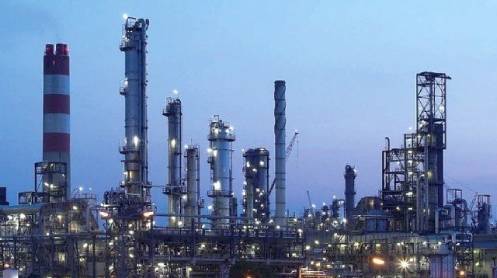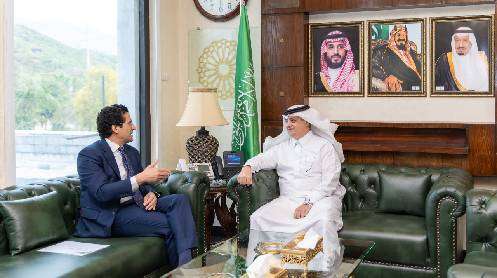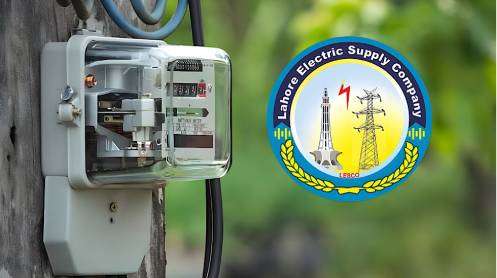BEIJING: Federal Minister for Planning, Development, and Special Initiatives Ahsan Iqbal has identified electric vehicles (EVs) as a pivotal area for future cooperation between Pakistan and China, emphasizing the sector’s potential to transform Pakistan’s energy and transportation landscape.
Speaking at a press conference at the Pakistani Embassy in Beijing, Iqbal underscored Pakistan’s interest in leveraging China’s technological leadership, particularly in emerging innovations like sodium-ion batteries, which offer significant advantages over traditional lithium-ion alternatives.
He announced that the upcoming Pakistan-China Business Conference, scheduled for September 4, will act as a vital platform to promote bilateral industrial partnerships. “Over 250 Pakistani and 200 Chinese companies are expected to participate,” he said, noting matchmaking opportunities in EVs, solar energy, agriculture, and chemicals.
Iqbal highlighted that local EV manufacturing would provide a cost-effective option for Chinese firms while helping Pakistan cut fossil fuel reliance, reduce its import bill, and generate green jobs. He termed Chinese investment in the sector a strategic win-win for both economies.
Pakistan’s National Electric Vehicle Policy 2025-2030 aims to make 30% of all new vehicle sales electric by 2030 and achieve net-zero emissions in the transport sector by 2060. The policy offers tax incentives, subsidies, support for charging infrastructure, and prioritizes local production.
Leading Chinese automakers such as BYD and Chery are already engaged in EV assembly and infrastructure development in Pakistan, positioning the country as a potential regional EV hub.
By China Economic Net







